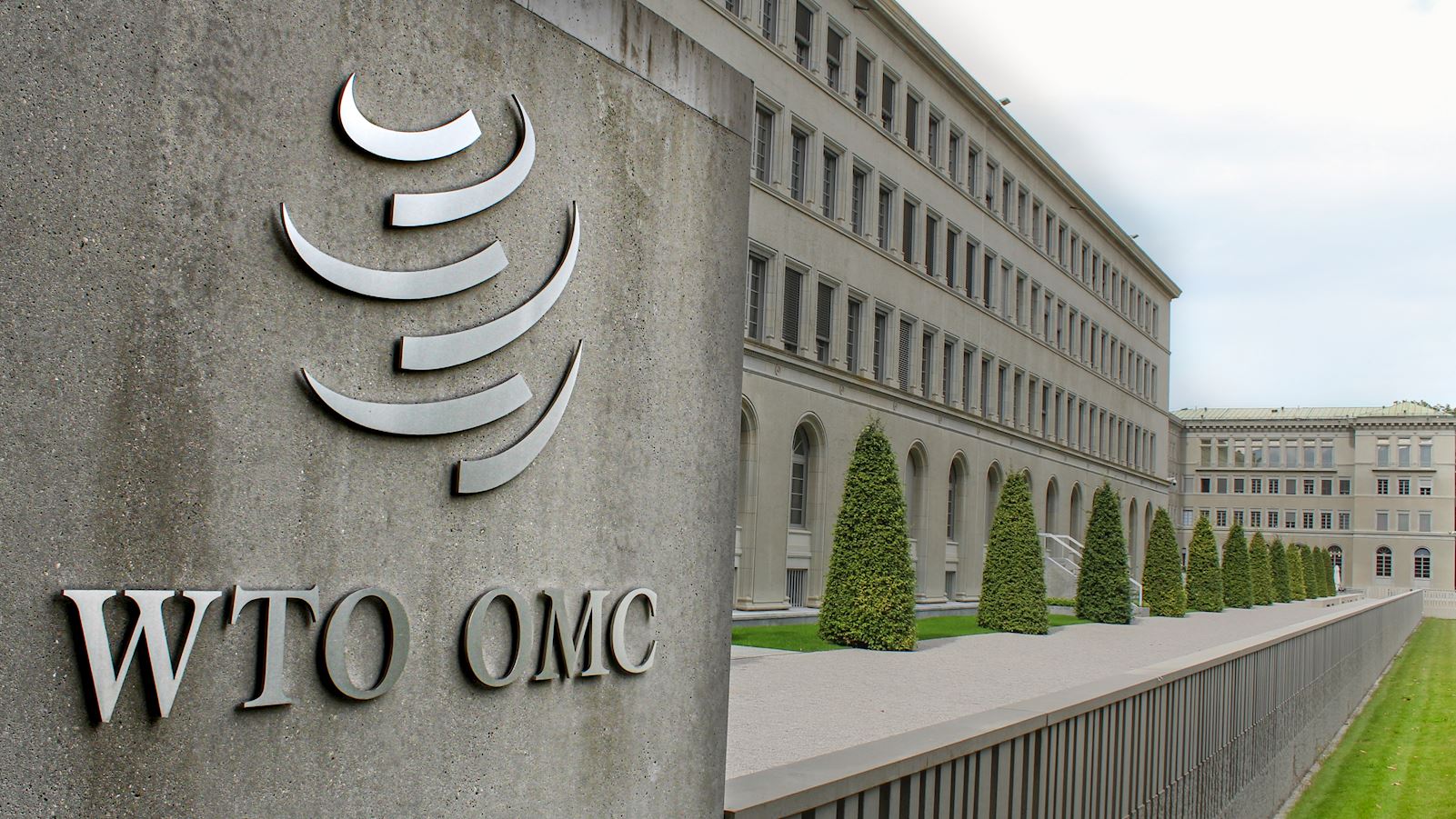By Basil Odilim
Globalization, often lauded as a catalyst for international collaboration and economic advancement, has increasingly exposed its exploitative core. Rather than fostering shared prosperity, it has become a modern guise for imperialism. For Africa, globalization has entrenched a cycle of dependency and exploitation—trapping the continent as a supplier of raw materials while stifling its potential to industrialize and thrive.
The ideal of globalization paints a picture of interconnectedness through trade, knowledge exchange, and shared opportunities. However, the reality is a lopsided system, manipulated by developed nations to consolidate their dominance. African countries, abundant in natural resources but lacking industrial capacity, are locked into a framework where their raw materials drive growth in foreign economies while their own remain underdeveloped and impoverished.
Consider Africa’s vast mineral wealth. The continent is home to substantial reserves of rare earth metals, gold, and diamonds. Yet these resources are extracted and exported in raw form, commanding only a fraction of their true value. Once processed abroad, they are returned as finished products at exorbitant prices, enriching multinational corporations and their home countries rather than benefiting the African people.
Adding to Africa’s exploitation is the rise of China as a dominant global power. While Western nations have historically exploited the continent, China’s involvement, though more discreet, has proven equally damaging. Chinese companies, often operating illegally, infiltrate Africa’s mining sectors by bypassing governments and collaborating with corrupt local elites. This practice results in resource extraction with little regard for social, economic, or environmental consequences.
These exploitative practices erode African sovereignty, robbing governments of much-needed revenue while intensifying local conflicts over land and resources. Entire communities are displaced, ecosystems destroyed, and landscapes left permanently scarred—all for the benefit of external powers.
While external actors play a significant role, Africa’s leaders cannot escape their share of the blame. Too often, sentimentality—the inclination to accept lofty rhetoric without critical scrutiny—guides their decisions. They embrace partnerships with foreign powers without assessing the long-term consequences, sign one-sided trade agreements, and prioritize external validation over self-reliant development.
This dependency mindset perpetuates a cycle of underdevelopment. By failing to invest in industrialization and the local processing of resources, African leaders reinforce the continent’s role as a raw material supplier rather than a producer of finished goods.
Africa’s reliance on raw material exports is not merely an economic concern but a strategic vulnerability. The global demand for resources is shifting, with countries like China increasingly controlling supply chains. Without industrialization and economic diversification, Africa risks becoming not only marginalized in the global economy but wholly subjugated, with its natural wealth monopolized by external actors.
To break free from this exploitative cycle, Africa must fundamentally reassess its relationship with globalization. The continent must prioritize industrialization, building local capacities to process and manufacture its resources. Investments in infrastructure, education, and technology are essential to enable African nations to move up the value chain and retain wealth within their borders.
Governments must also tackle the twin scourges of illegal mining and resource theft. Strengthened institutions, greater transparency, and strict accountability measures are necessary to ensure that Africa’s wealth benefits its citizens rather than lining the pockets of foreign corporations and corrupt elites.
Moreover, Africa must shed sentimentality and adopt a pragmatic approach to global engagement. By uniting as a bloc, African nations can negotiate from a position of strength, demanding fair trade agreements and substantial investment in local industries.
Globalization, as currently structured, is a tool for perpetuating control rather than fostering equality. However, Africa’s destiny is not sealed. By confronting the harsh realities of exploitation and taking decisive action, the continent can redefine its role in the global order—from a victim of globalization to a proactive shaper of its future.
The ruins of empires like Carthage, Palmyra, and Rome serve as reminders of the cyclical nature of power. Today’s global system, driven by greed and inequality, is not immune to collapse. Africa must not passively wait for this eventuality. Instead, it must seize the moment to construct a future where its resources serve its people and globalization is reimagined as genuine cooperation.
The time for lamentation has passed. The time for action is now. By imposing high tariffs on imported goods, African nations can protect and nurture local industries, encouraging foreign manufacturers to relocate their production to Africa.
This strategy would ensure that African raw materials are processed locally, creating jobs and reducing poverty while fostering social cohesion and sustainable growth.





